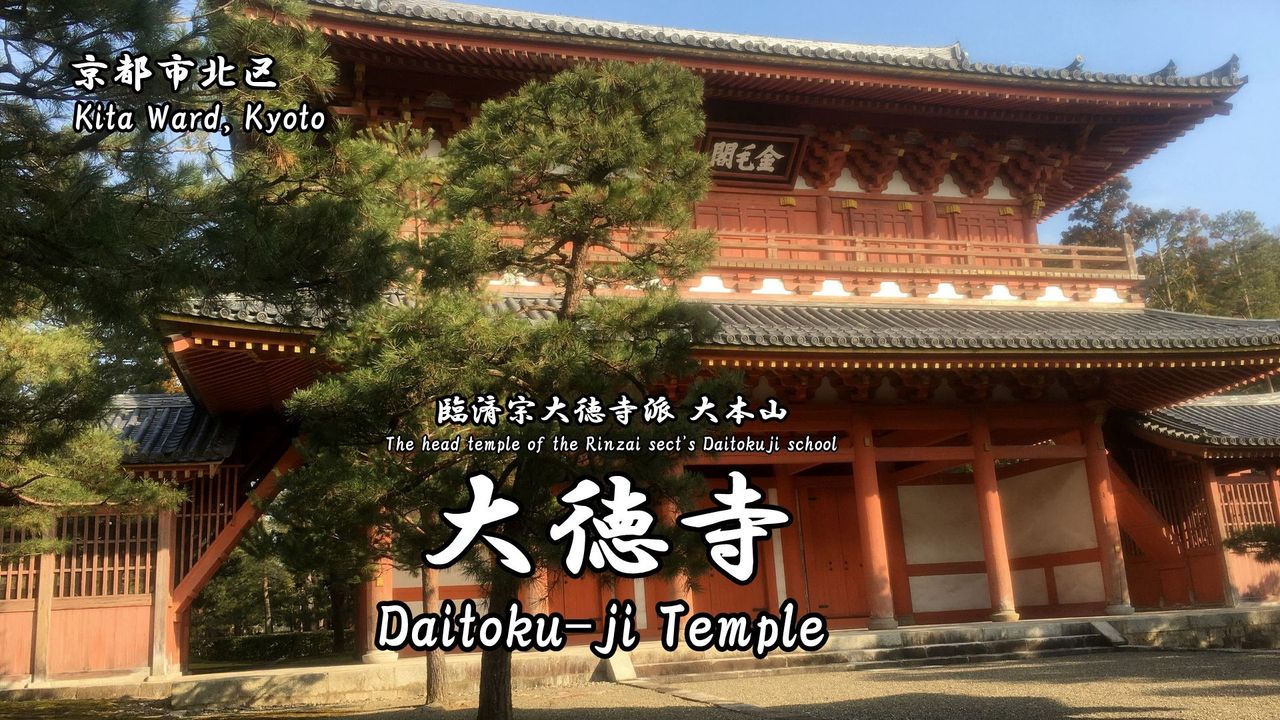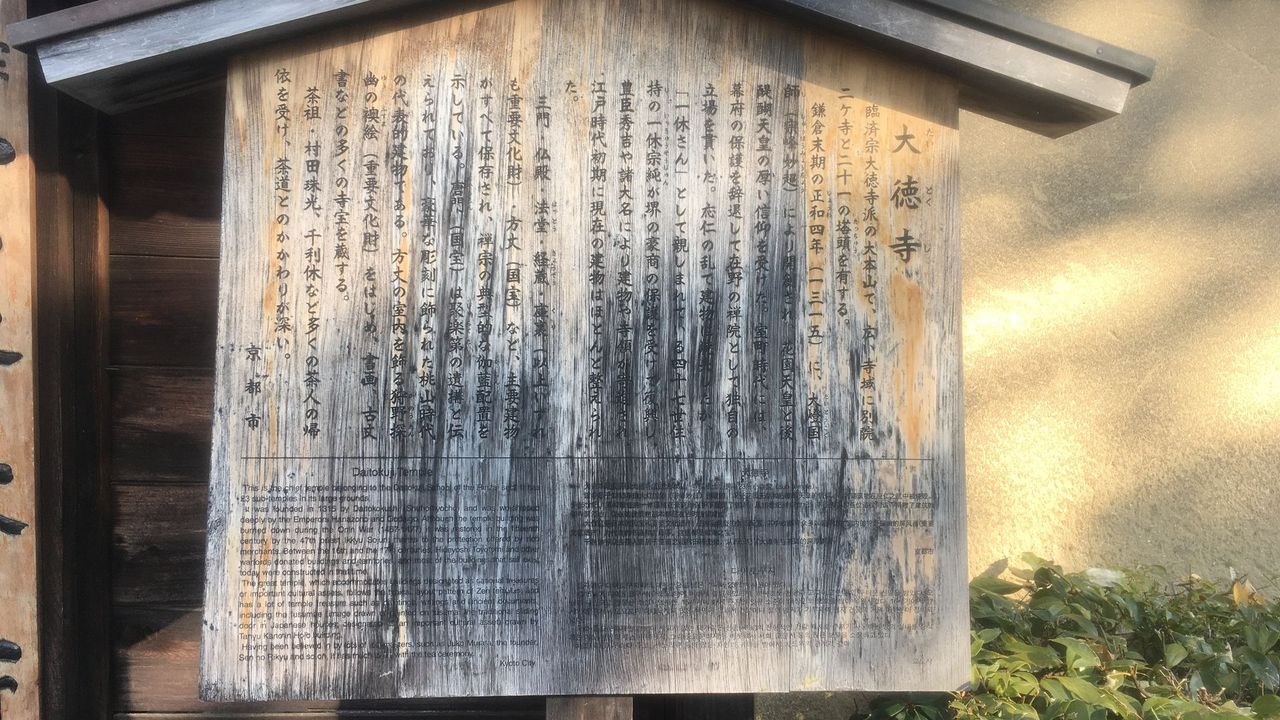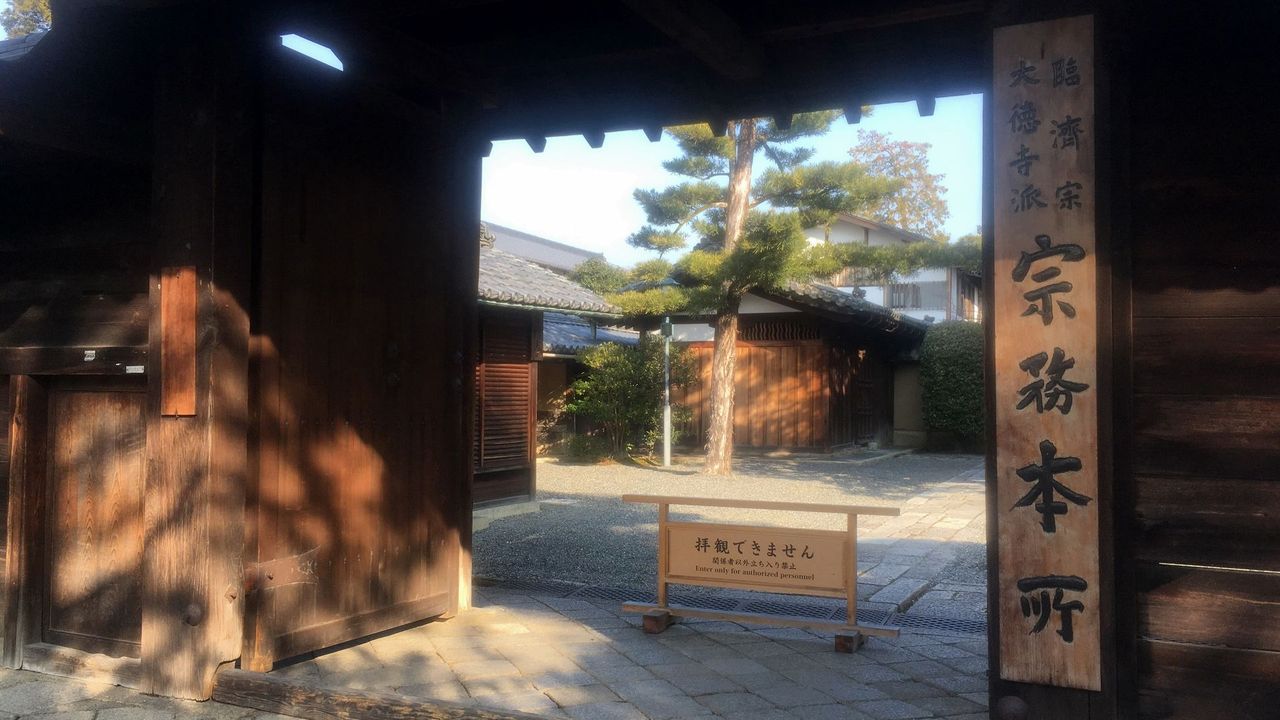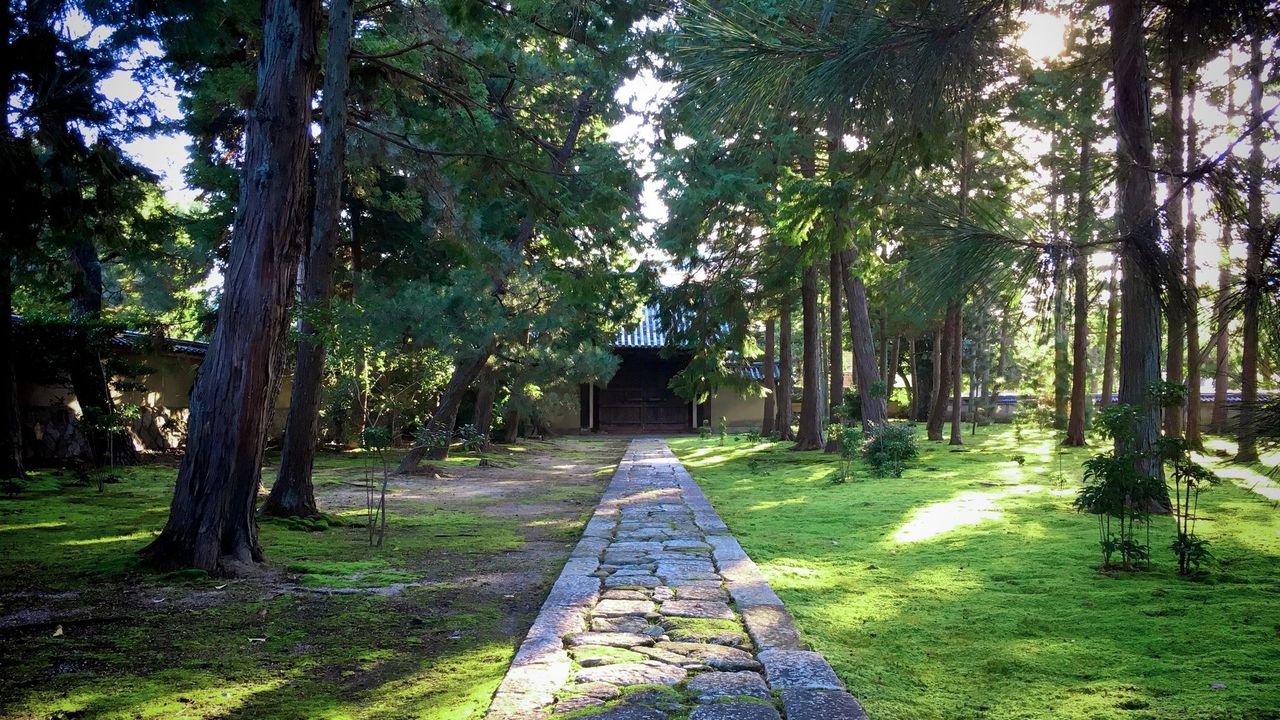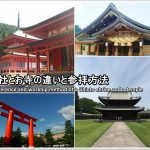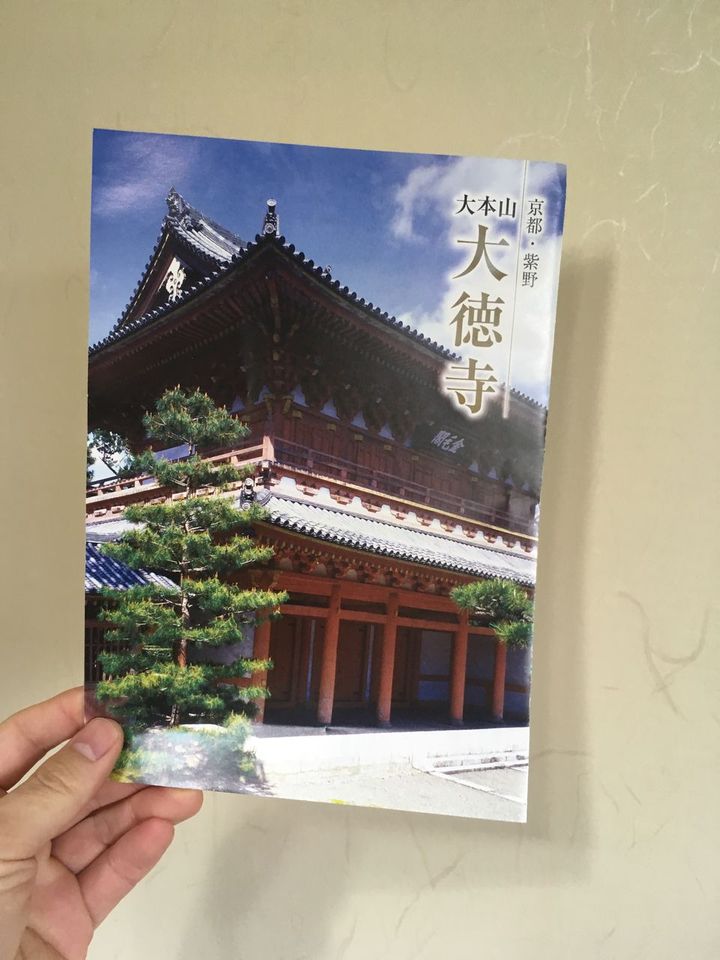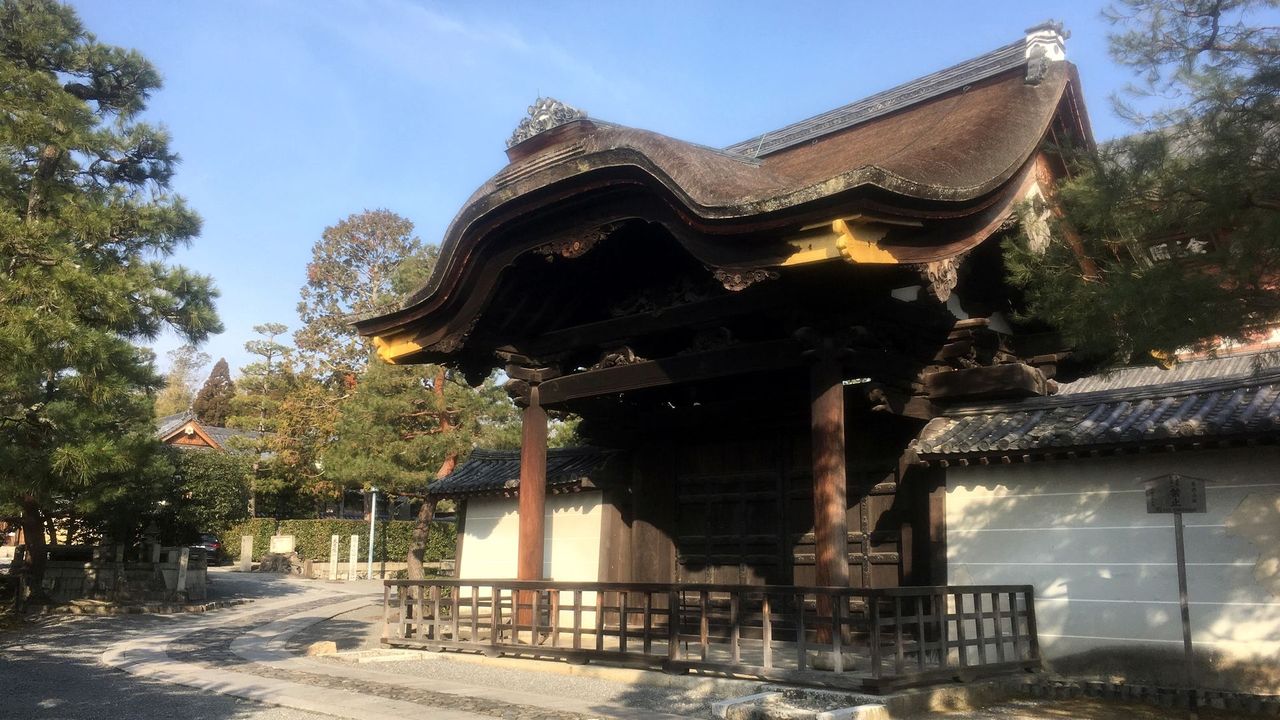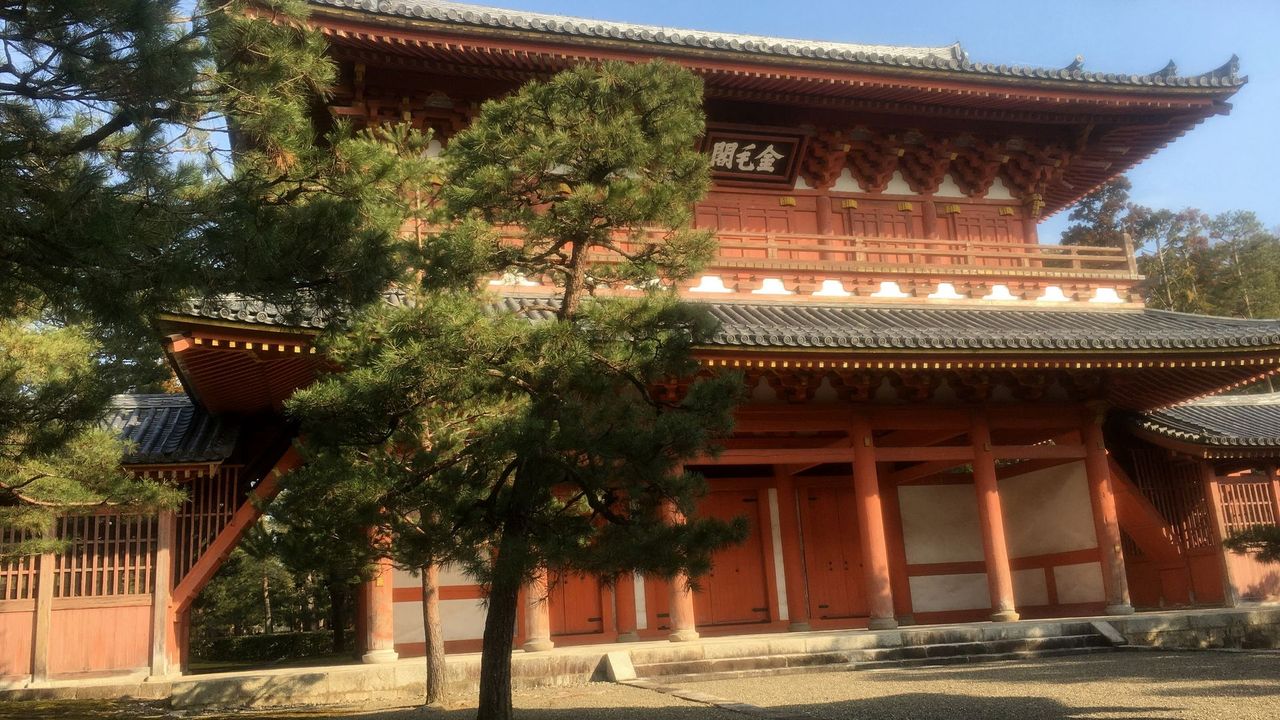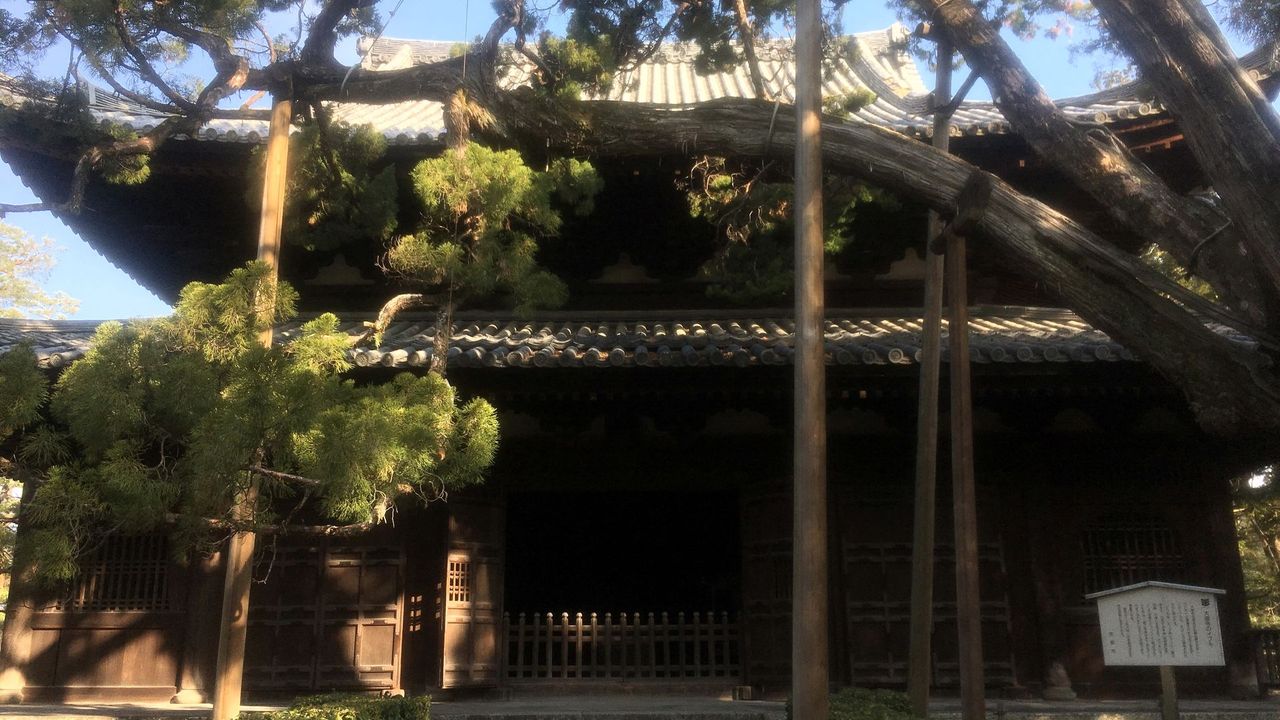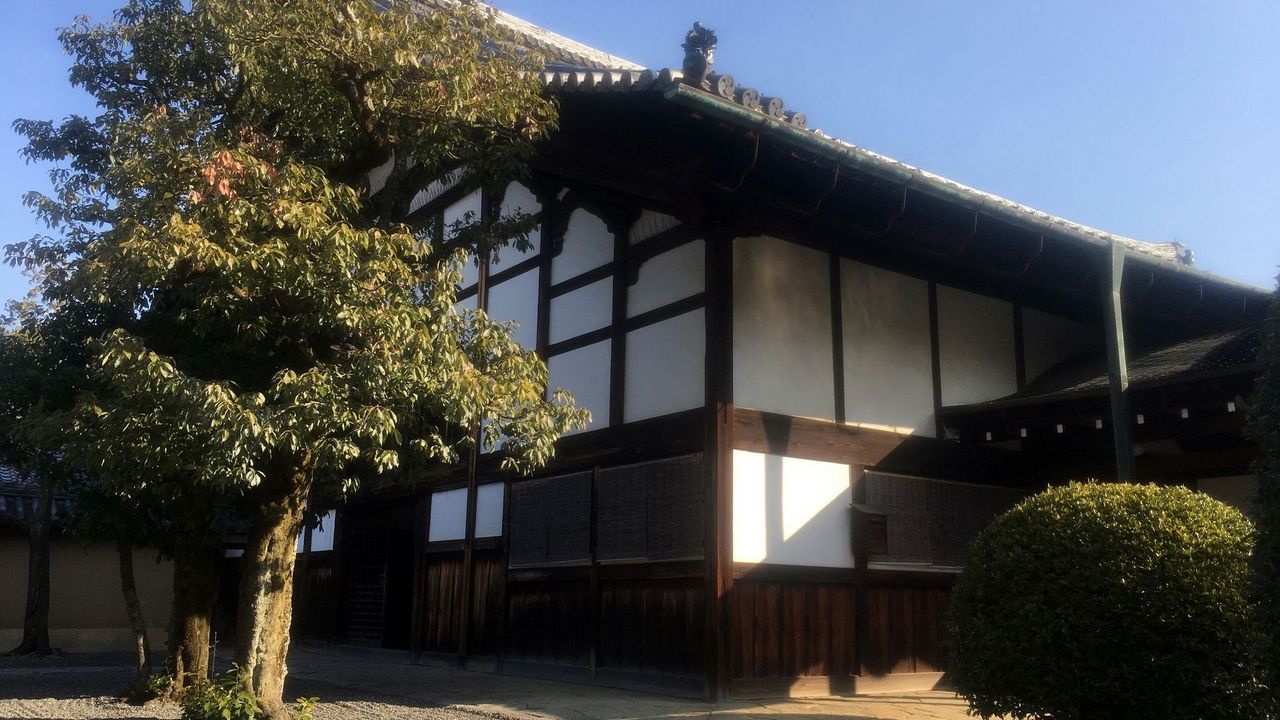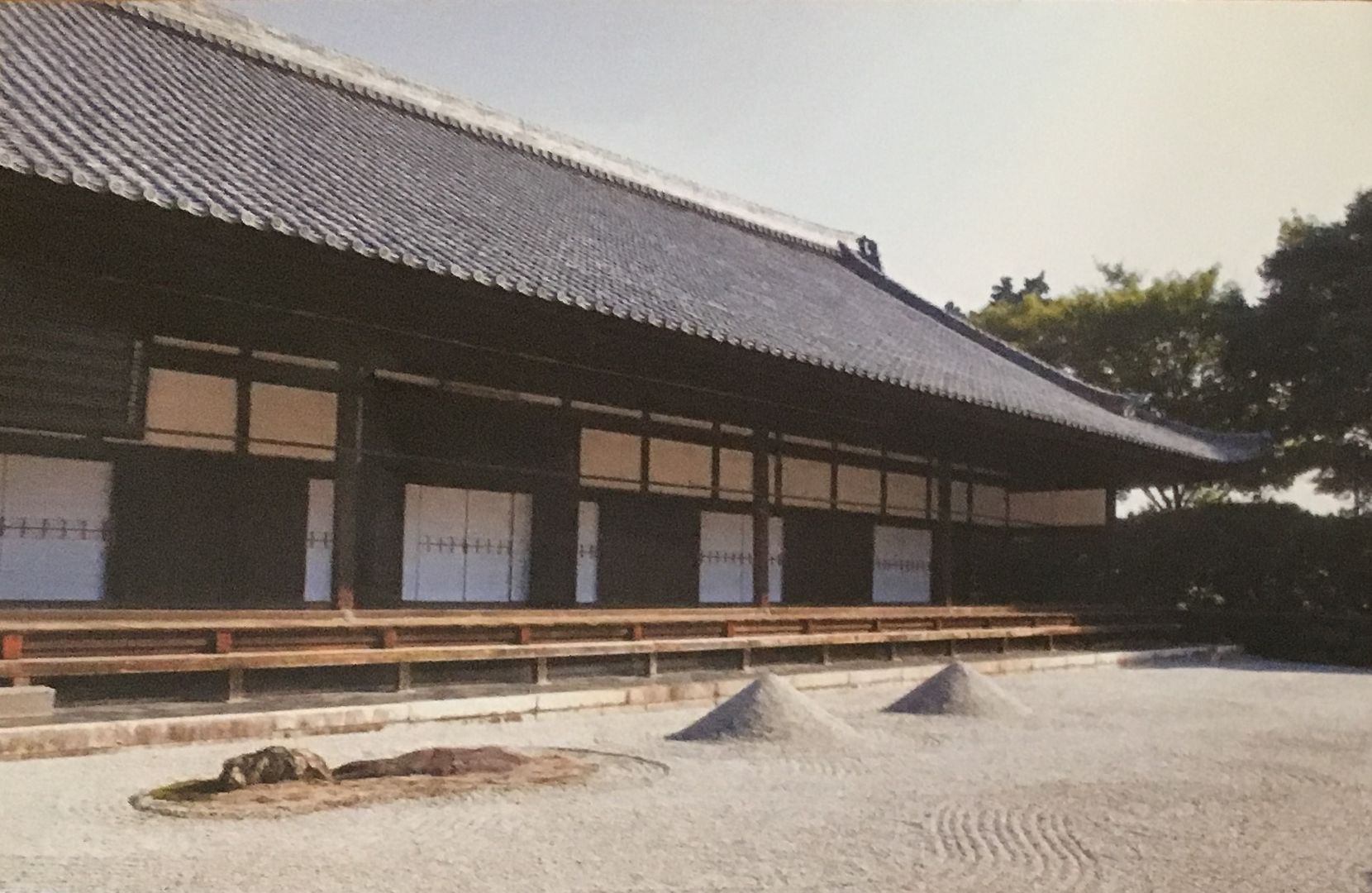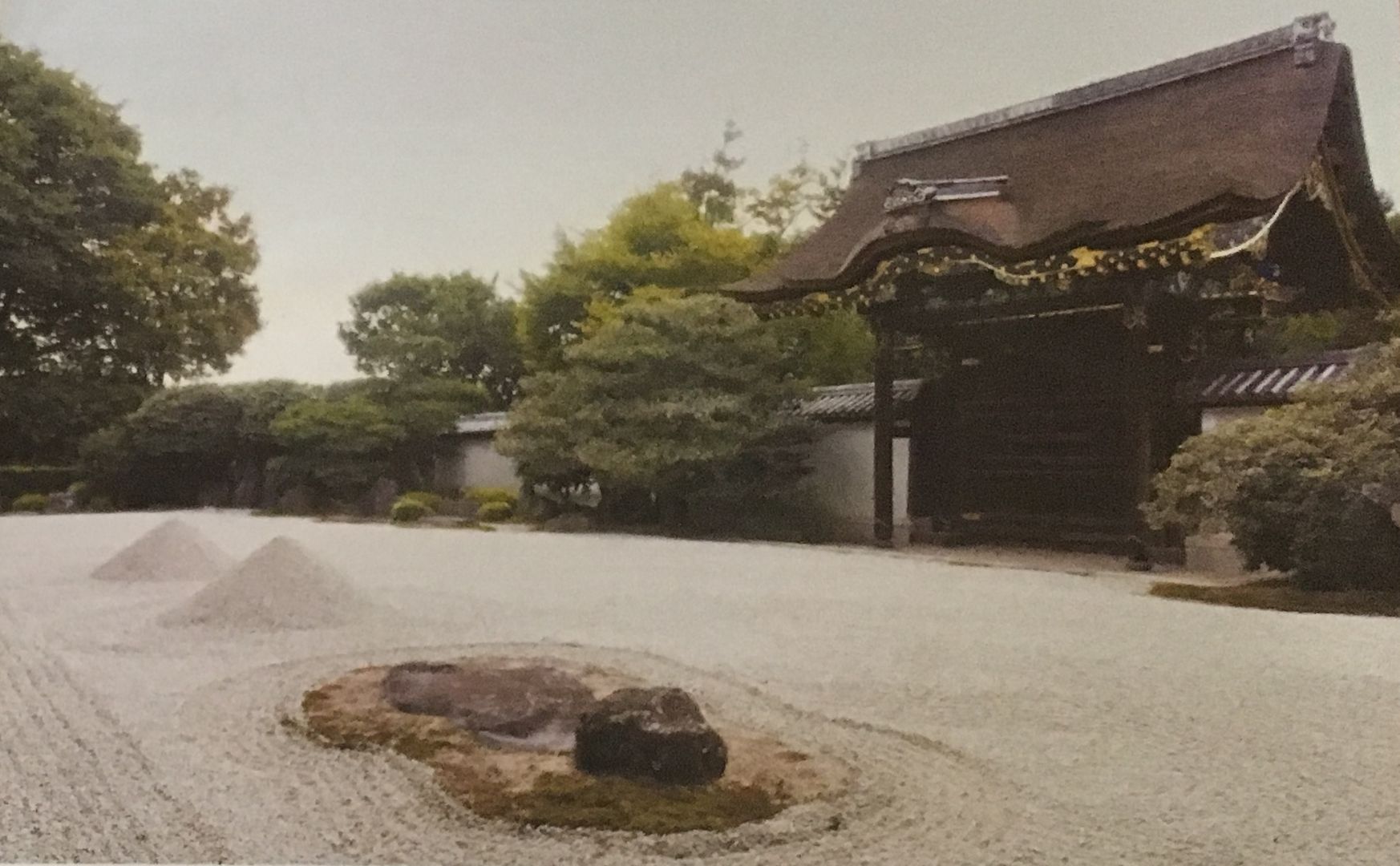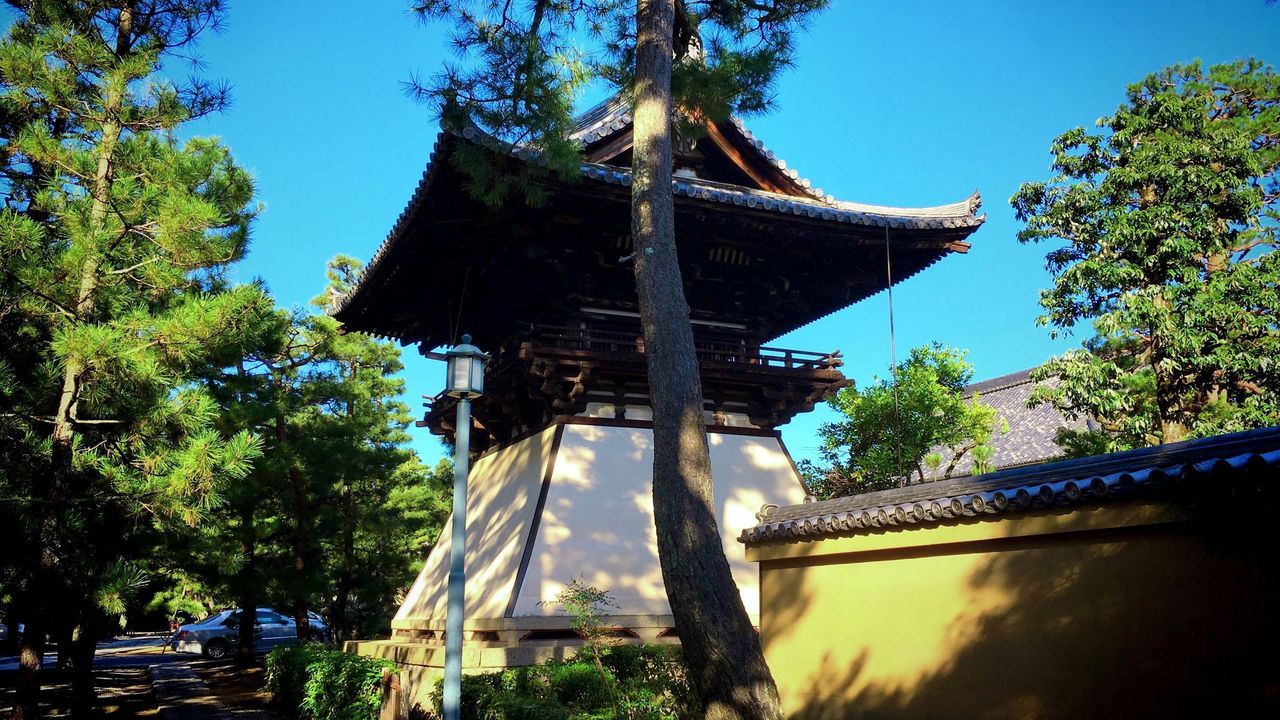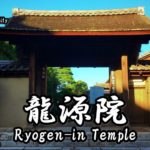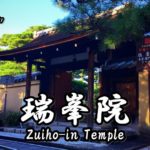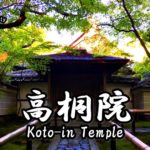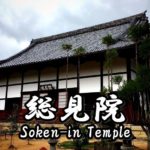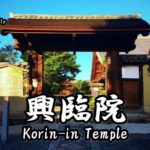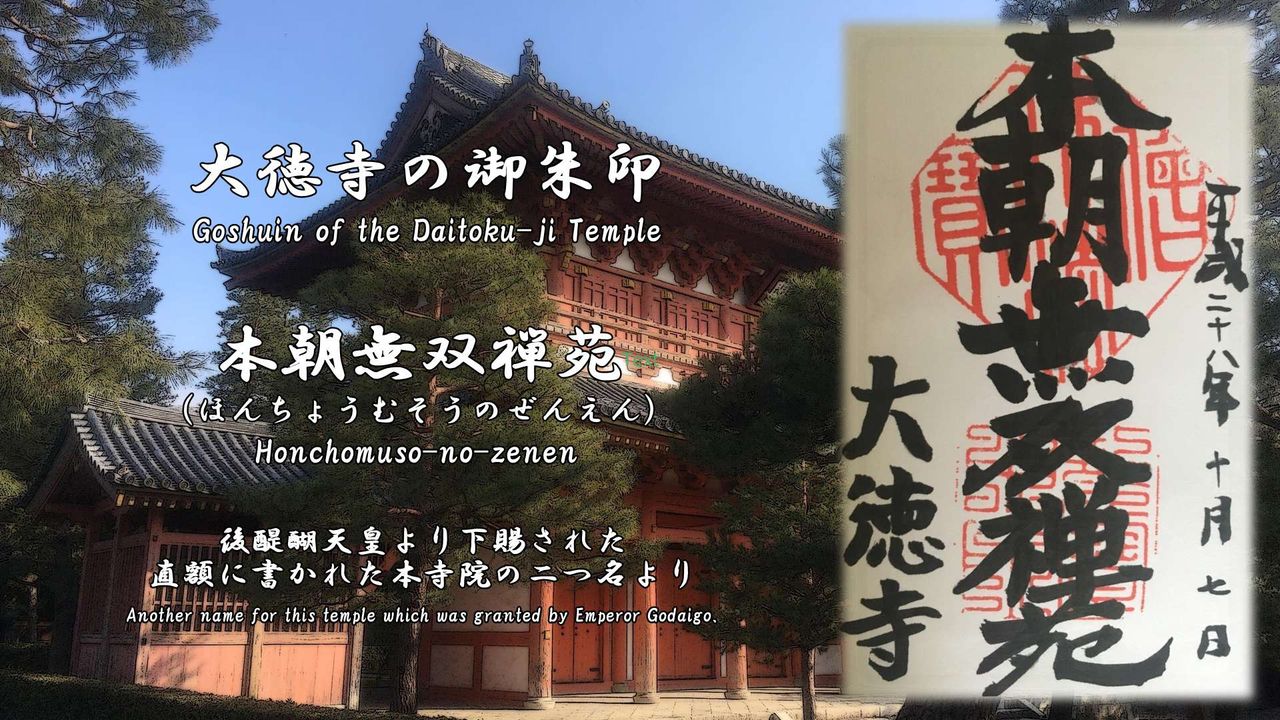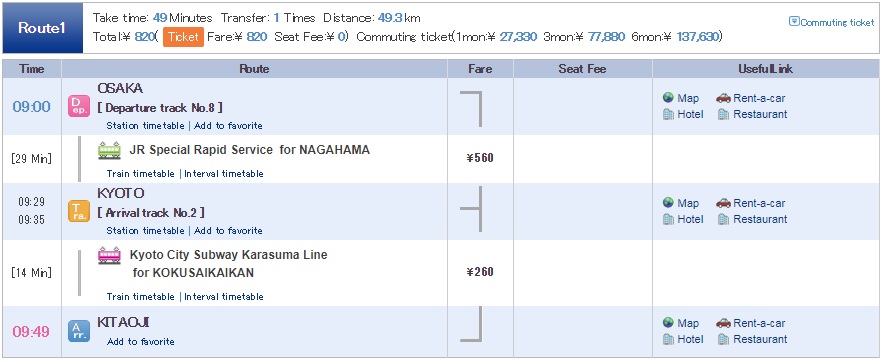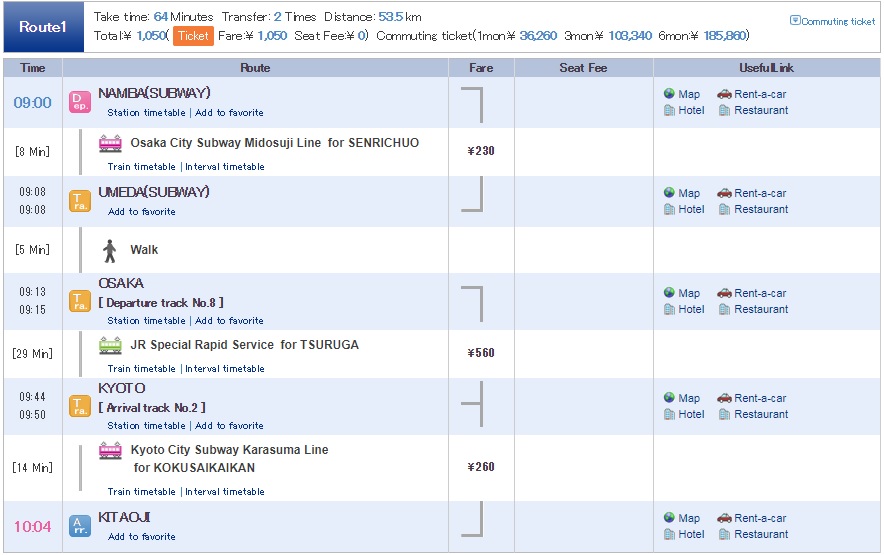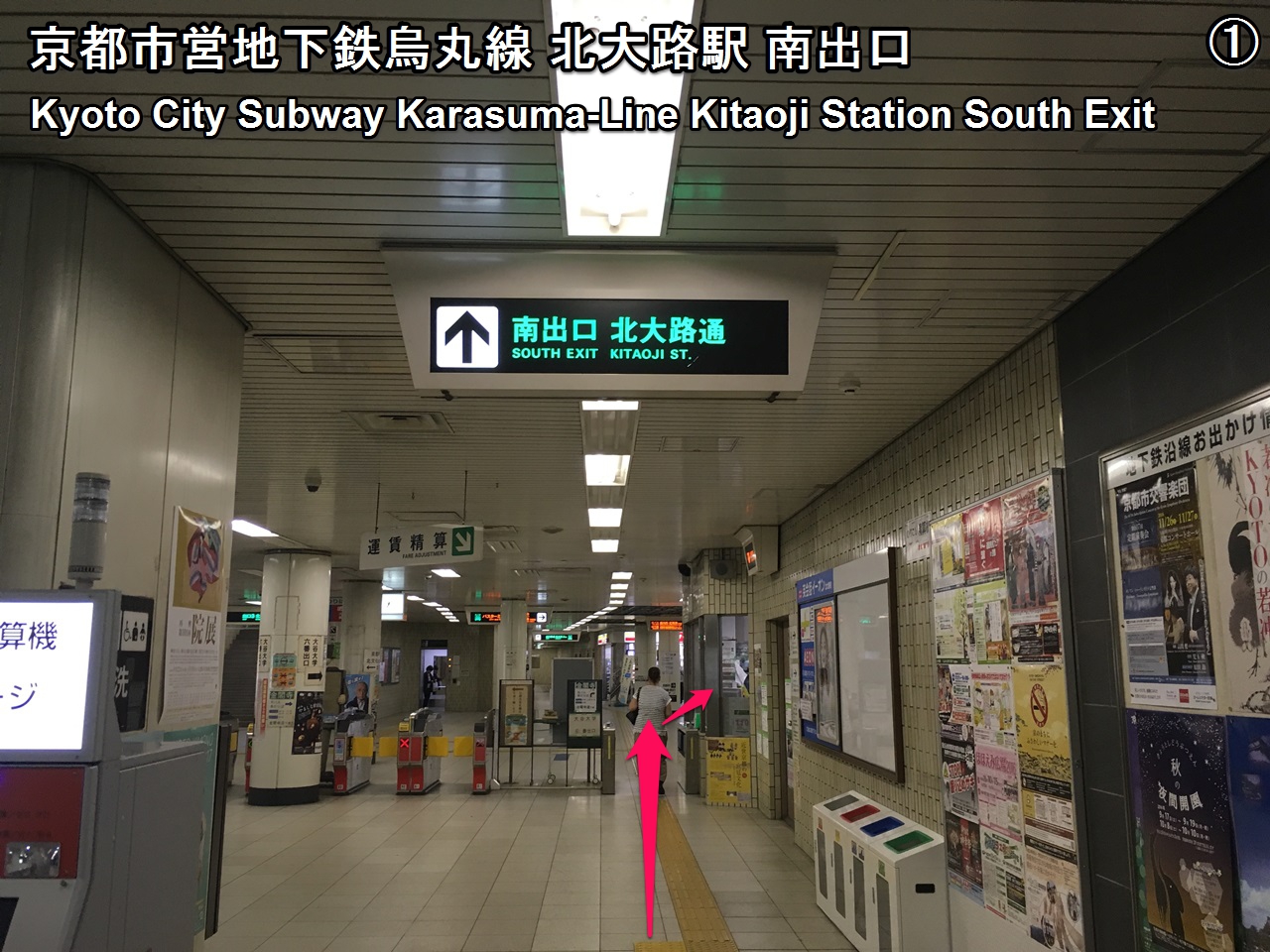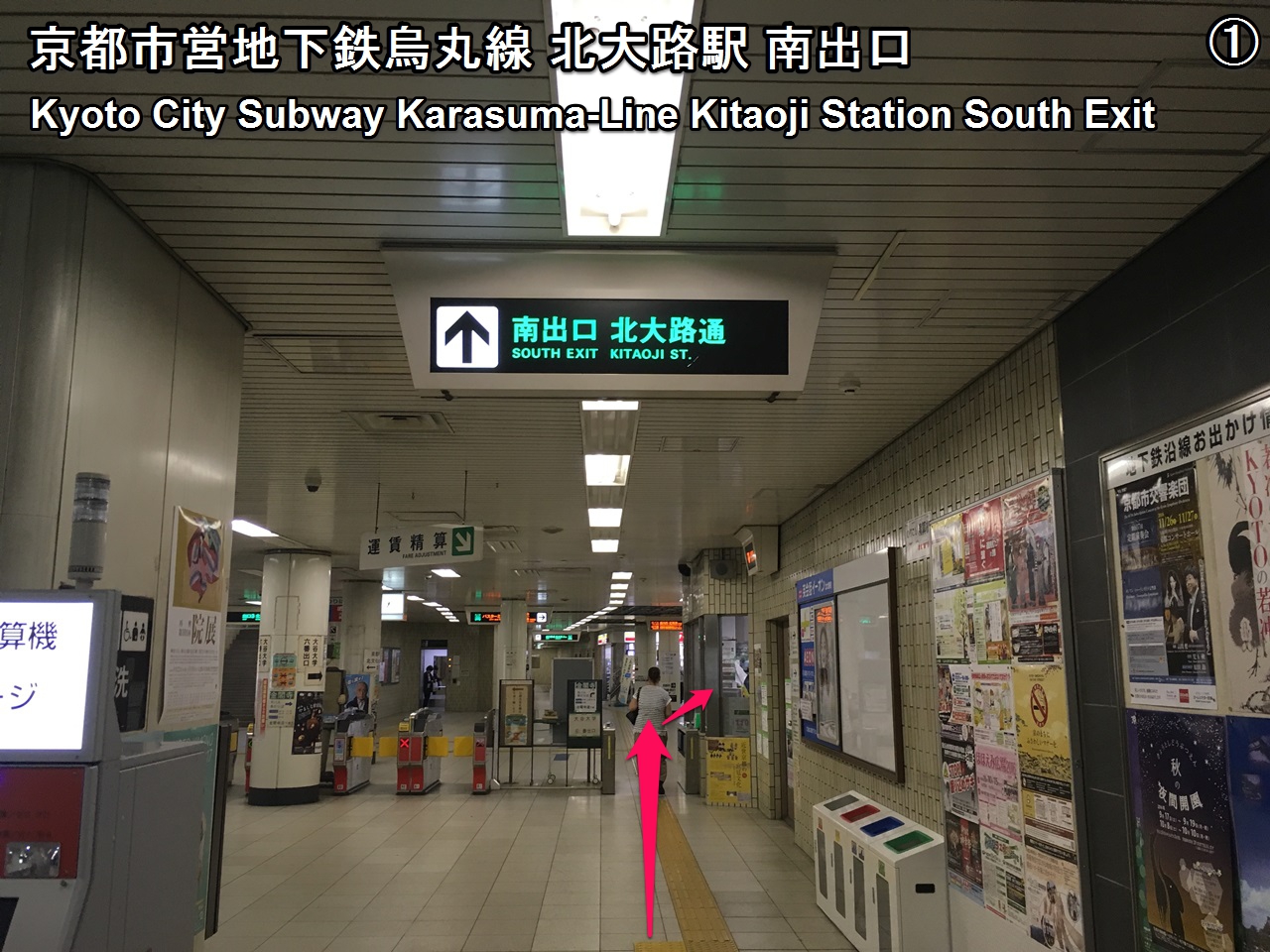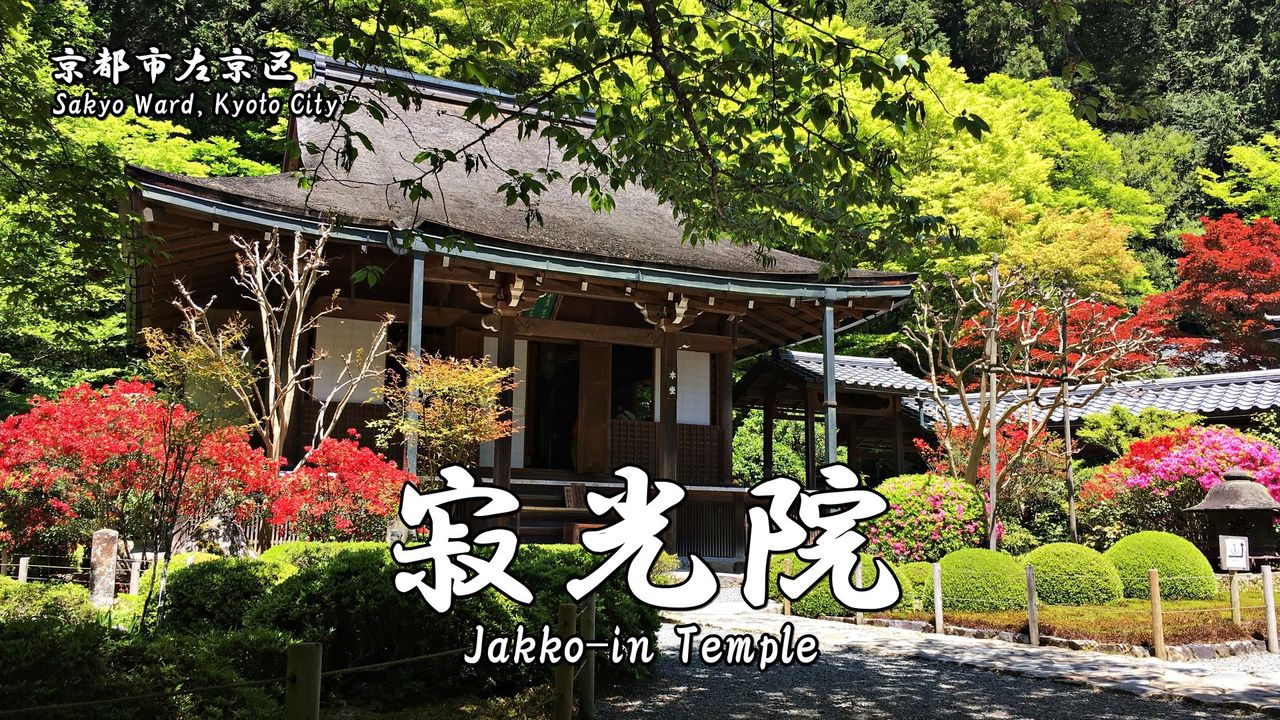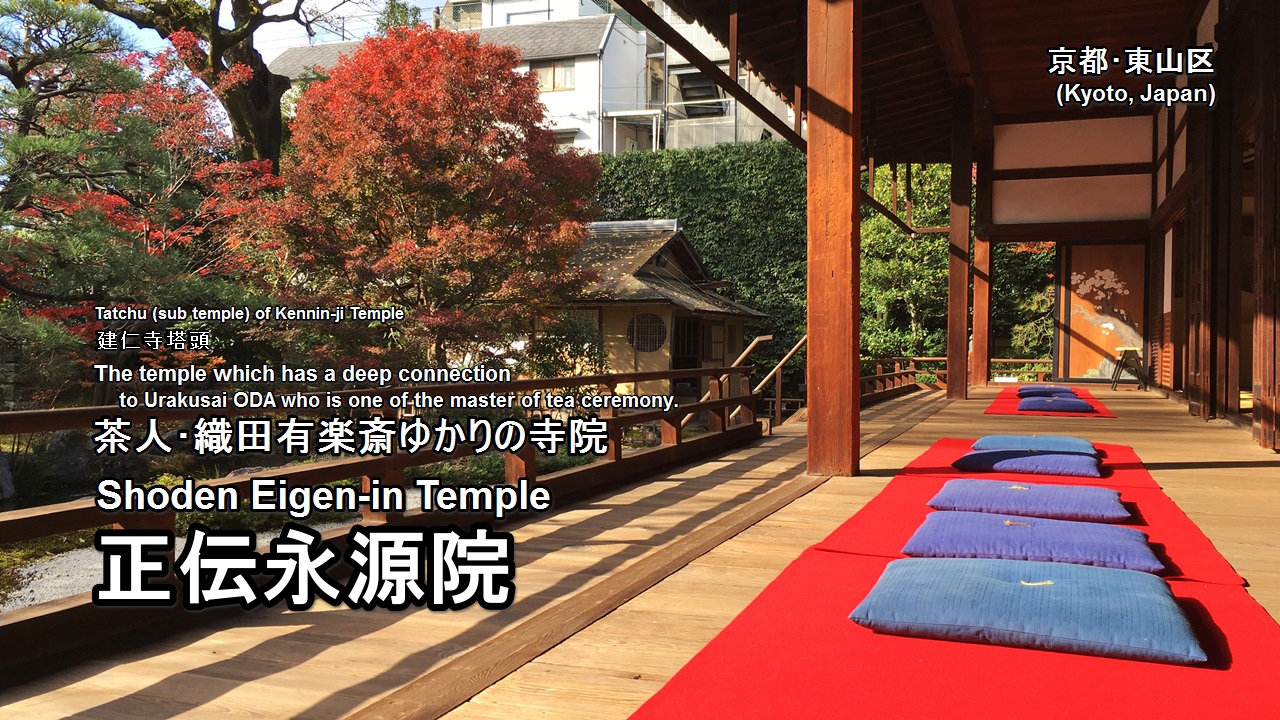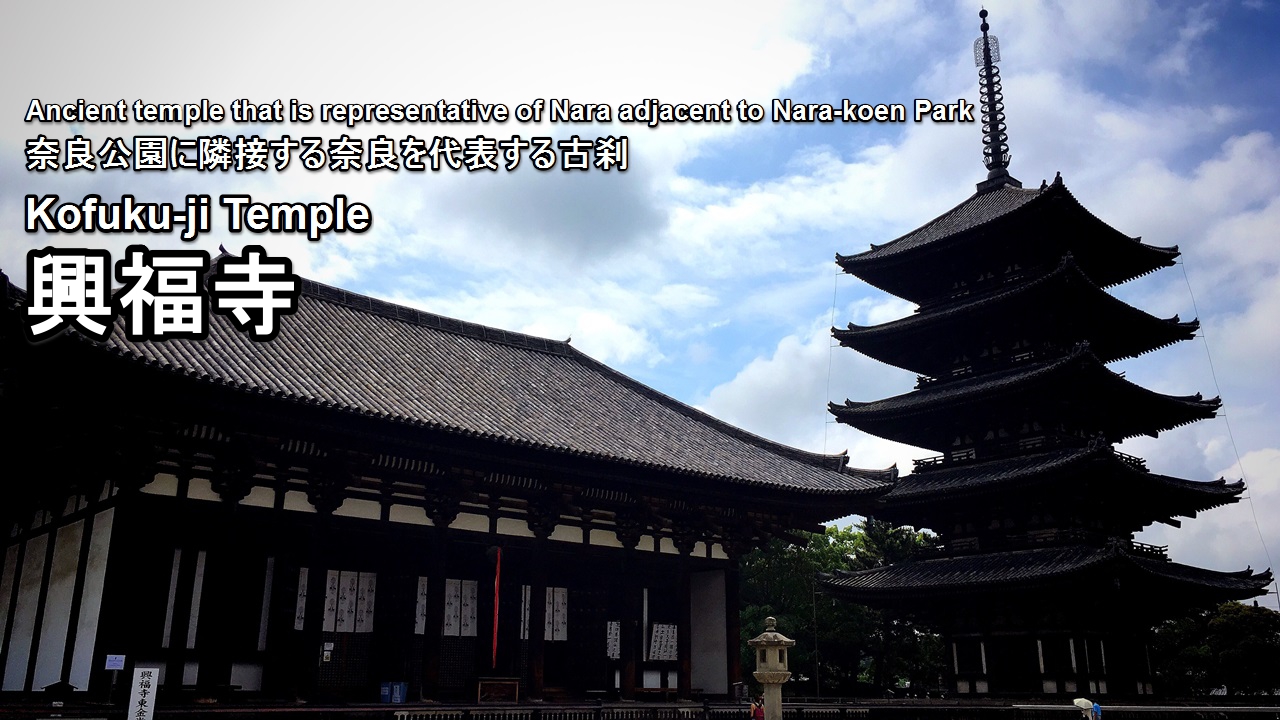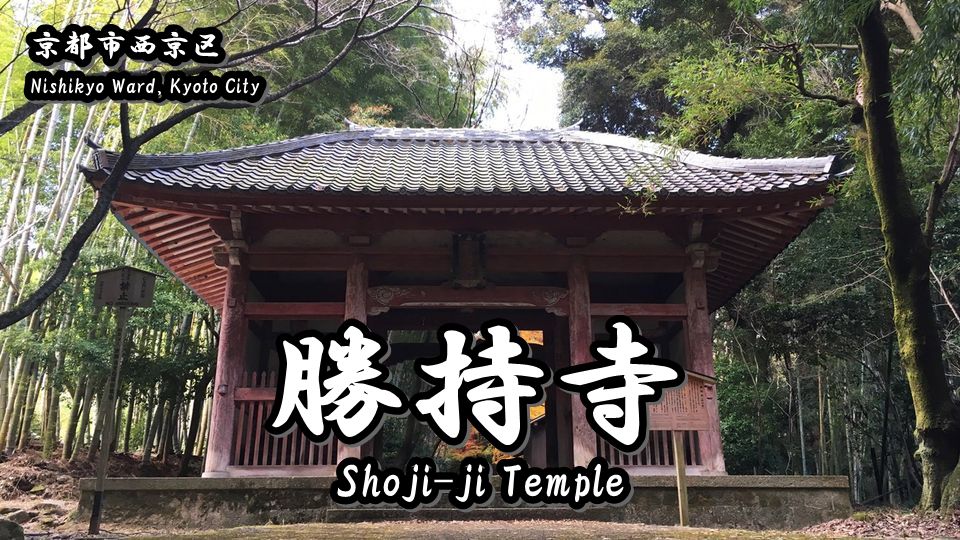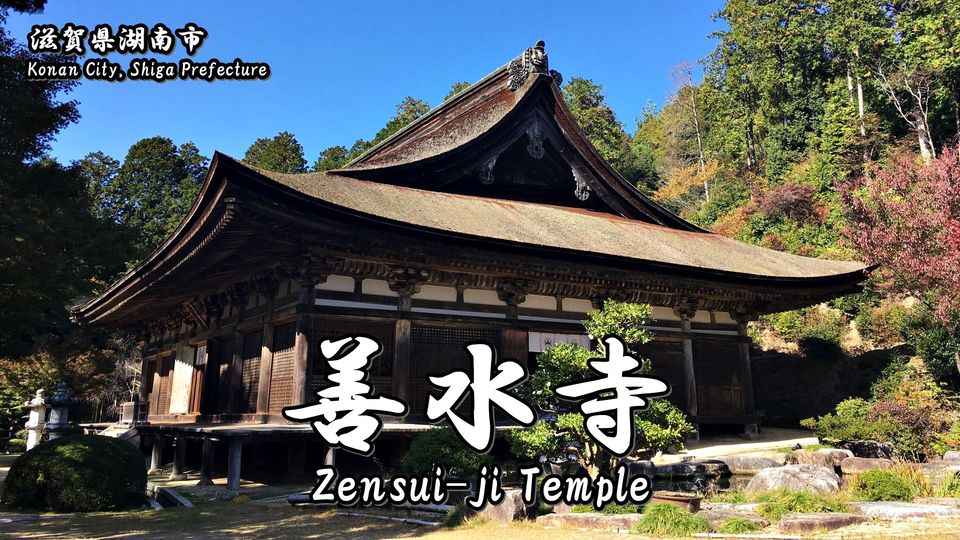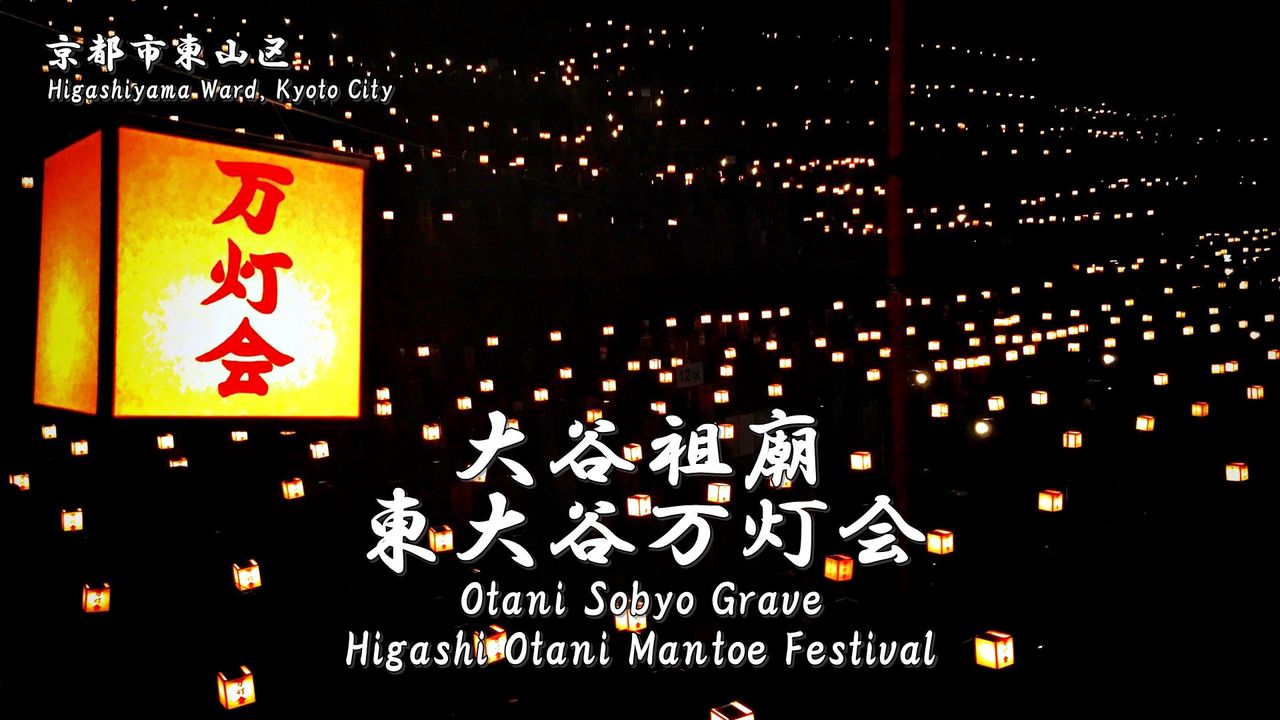Daitoku-ji Temple (大徳寺) is the head temple of the Rinzai sect’s Daitokuji school of Japanese Zen Buddhism and is located in Kita Ward, Kyoto City.
Its honorific mountain prefix is Ryuhozan (龍宝山) and the principal image is Shaka Nyorai (釈迦如来).
It was founded by Daito-kokushi Shuho Myocho (宗峰妙超) in 1325 of late Kamakura period.
This temple is one of the biggest Zen temples in Kyoto, its precinct has many structures and also over 20 Tatchu (塔頭:sub-temples).
History of Daitoku-ji
Let’s study the history of this temple with me.
I think that we can enjoy sightseeing of this temple more by learning the history of it. XD
It is the head temple of the Rinzai sect’s Daitokuji school of Japanese Zen Buddhism and is located in Kita Ward, Kyoto City, Kyoto Prefecture.
It was founded by Daito-kokushi Shuho Myocho in 1325 of late Kamakura period and was worshipped by the Emperors Hanazono (花園天皇) and Go-Daigo (後醍醐天皇).
Although the temple buildings were burned down during the Onin War (応仁の乱) (1467-1477), were restored in the Muromachi period (15th century) by Sojun IKKYU (一休宗純) who was a distinguished Buddhist priest lived in the late Muromachi period.
Between the 16th – 17th centuries, Hideyoshi TOYOTOMI (豊臣秀吉) and other famous Busho (Japanese military commanders) donated temple buildings.
In those buildings, there is Soken-in (総見院) famous as Oda Nobunaga ‘s family temple, too.
Information for visitors
Precincts of Daitoku-ji is open to the public anytime, but Honbo (Hojo, Garden etc.) is only open to the public on specific days (not fixed).
Special admission information (Japanese text only)
Information
Below is the information on the Special admission in the winter of 2019.
Open:10:00~16:00 (January 10 – March 18, 2019)
Admission Fee:Adults 600 yen, Children 300 yen
Address:53, Murasakino Daitokujicho, Kita-ku Kyoto-shi, Kyoto, 603-8231, Japan
Phone:+81-75-491-0019
Foundation:1315
Founder:Shuho Myocho (宗峰妙超)
Sect:Rinzai Sect (臨済宗)
Principal image:Shaka Nyorai (釈迦如来)
Other Information
Please ask temple’s staff where you can take photos and videos.
Worship method of a shinto shrine and a buddhist temple, please refer to the following article.
Next, Let’s go to see the highlights of this temple with me!
Highlights of Daitoku-ji
- 勅使門(重要文化財):Chokushi-mon Gate(Important cultural property)
- 三門 (重要文化財):San-mon Gate(Important cultural property)
- 仏殿(重要文化財):Butsu-den Hall(Important cultural property)
- 法堂(重要文化財)*:Hatto Hall(Important cultural property)*
- 庫裏(重要文化財)*:Kuri(Important cultural property)*
- 方丈(国宝)*:Hojo Hall(National treasure)*
- 方丈庭園(特別名勝)*:Hojo Garden(Special Places of Scenic Beauty)*
- 唐門(国宝)*:Kara-mon Gate(National treasure)*
- 鐘楼(重要文化財)*:Shoro(Important cultural property)*
- 塔頭寺院:Sub-temples of the Daitoku-ji
This mark ‘*‘ is a pay area.
勅使門(重要文化財):Chokushi-mon Gate(Important cultural property)
It was rebuilt in 1640 of the Edo period.
This building was the gate of the Imperial Palace, and was granted by Emperor Go-Mizunoo (後水尾天皇).
三門(重要文化財):San-mon Gate(Important cultural property)
This is a building of two levels of top and bottom.
The lower part was built in 1526 and upper part was built in 1589 using funds donated by SEN no Rikyu (千利休), and he named this building ‘Kinmokaku (金毛閣)‘.
仏殿(重要文化財):Butsu-den Hall(Important cultural property)
It was destructed by fire during the Onin War, and was rebuilt in 1665 of the Edo period.
Statue of Shaka Nyorai (釈迦如来), the principal image of this temple, is enshrined.
法堂(重要文化財)*:Hatto Hall(Important cultural property)*
It was also destructed by fire during the Onin War, and was rebuilt in 1636 of the Edo period.
There is the Unryu-zu (雲龍図 : images of clouds and dragons) drawn by Tannyu Kanou (狩野探幽) on the ceiling of the building.
庫裏(重要文化財)*:Kuri(Important cultural property)*
It was built in 1636 of the Edo period.
方丈(国宝)*:Hojo Hall(National treasure)*
方丈庭園(特別名勝)*:Hojo Garden(Special Places of Scenic Beauty)*
Hojo was built in 1635 of the Edo period.
Hojo Garden is a dry landscape garden famous for white sand.
Photographing is prohibited for Hojo and Hojo Garden. (cited from the brochure)
唐門(国宝)*:Kara-mon Gate(National treasure)*
Said to be a remnant of Jurakudai (聚楽第).
There is three Kara-mon gate appointed to a national treasure in Japan, and this gate is one of them.
(Other two gates are in Nishi Hongwan-ji (西本願寺) Temple and Toyokuni-jinja Shrine (豊国神社).)
Photographing is prohibited for Kara-mon gate. (cited from the brochure)
鐘楼(重要文化財)*:Shoro(Important cultural property)*
It was built in 1583 of the Azuchi–Momoyama period.
塔頭寺院:Sub-temples of the Daitoku-ji
Now, Daitoku-ji has 24 Tatchu (Sub-temples).
Among the sub-temples, those that are generally open to the public are Ryogen-in Temple, Zuiho-in Temple, Daisen-in Temple and Koto-in Temple.
Other sub-temples are only open to the public on specific days. (not fixed)
Generally open to the public
・龍源院(Ryogen-in Temple)
・瑞峯院(Zuiho-in Temple)
・高桐院(Koto-in Temple)
Open to the public on specific days
・総見院(Soken-in Temple)
・黄梅院(Oubai-in Temple)
・興臨院(Korin-in Temple)
Video of Daitoku-ji
Photos of Daitoku-ji
Goshuin (red ink stamp) of Daitoku-ji
Temple’s Goshuin is ‘Honchomuso-no-zenen (本朝無双禅苑)’ which is the another name of this temple.
How to get to Daitoku-ji
Nearest station is Kyoto City Subway Kitaoji Station.
We can also go by bus from JR Kyoto Station.
From Osaka Sta. (by train)
Timetable and Route Search (train)
1.Get on the JR Kyoto Line from Osaka Station to Kyoto Station and change to the Kyoto City Subway Karasuma-Line.
2.Get on the Kyoto City Subway Karasuma-Line from Kyoto Station to Kitaoji Station.
From Namba Sta. (by train)
Timetable and Route Search (train)
1.Get on the Osaka Metro Midosuji-Line from Namba Station to Umeda Station and change to the JR Kyoto Line.
2.Get on the JR Kyoto Line from Osaka Station to Kyoto Station and change to the Kyoto City Subway Karasuma-Line.
3.Get on the Kyoto City Subway Karasuma-Line from Kyoto Station to Kitaoji Station.
From Kyoto Sta. (by train)
Timetable and Route Search (train)
1.Get on the Kyoto City Subway Karasuma-Line from Kyoto Station to Kitaoji Station.
From Kitaoji Sta. (on foot)
It’s about 25 minutes (1.3 km) on foot.
Get on a bus from Kyoto Station
Timetable and Route Search (bus)
Please get on a Kyoto City Bus No.204 or 206 (Kitaoji Bus Terminal [G]) and get off the Daitokuji-mae.
Bus company:Kyoto City Bus
Routes/Destination:204/Bound for Kinkakuji Temple
Boarding bus stop:Kitaoji Bus Terminal [G]
Alighting bus stop:Daitokuji-mae (Daitokuji Temple)
Bus fare:230 yen
Time required:About 5 min
Bus company:Kyoto City Bus
Routes/Destination:204/Bound for Ginkakuji Temple
Boarding bus stop:Kitaoji Bus Terminal [G]
Alighting bus stop:Daitokuji-mae (Daitokuji Temple)
Bus fare:230 yen
Time required:About 5 min
Bus company:Kyoto City Bus
Routes/Destination:206/Bound for Kyoto Sta.
Boarding bus stop:Kitaoji Bus Terminal [G]
Alighting bus stop:Daitokuji-mae (Daitokuji Temple)
Bus fare:230 yen
Time required:About 5 min
Bus company:Kyoto City Bus
Routes/Destination:206/Bound for Kyoto Sta. Via Kiyomizu-dera Temple
Boarding bus stop:Kitaoji Bus Terminal [G]
Alighting bus stop:Daitokuji-mae (Daitokuji Temple)
Bus fare:230 yen
Time required:About 5 min
Get on a bus from Kyoto Sta.
Timetable and Route Search (bus)
Please get on a Kyoto City Bus No.206 (Kyoto Sta. bus stop A3) and get off the Daitokuji-mae.
Bus company:Kyoto City Bus
Routes/Destination:206/Bound for Kitaoji Bus Terminal Via Daitokuji Temple
Boarding bus stop:Kyoto Sta. [A3]
Alighting bus stop:Daitokuji-mae (Daitokuji Temple)
Bus fare:230 yen
Time required:About 35 min
Take a taxi
From Kyoto Station:about 3,200 yen (20 minutes)
From Gion-Shijo Station:about 2,800 yen (20 minutes)
・Let’s show a taxi driver the following phrase.
・If you want to call a taxi, let’s show the following phrase.
[Phone number of taxi dispatch : Around the Kyoto Station]*Japanese text only.
Hotel search & reservation
How did you like it?
Have a nice trip!

